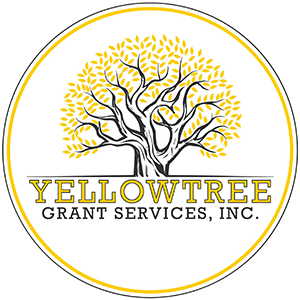Words: They Matter!
Grant reviewers have to sift through many applications, each with its own own unique style. Sitting in their pile of applications is your proposal, waiting to be reviewed and evaluated. With the volume of applications being reviewed, it is important to make sure your writing is clear and does not leave any room for interpretation, or even worse confusion for the reader. To prevent any misinterpretation of your words, we have put together some helpful tips:
Define any technical terms. In the grant writing process, sometimes technical details are needed to describe your program or the problem you are trying to solve. When you include technical details, such as a scientific term, follow this information up with a sentence that describes it clearly and brings it back into focus for the funder. Grant reviewers may have some technical knowledge about your project but, as the expert, you should explain these concepts in a way that is accessible and clear to any ‘layperson’ reading your application.
Limit your use of jargon. Jargon refers to words or expressions that are commonly used to describe an idea or topic within a sector. Every sector has its own jargon and nonprofits are no different; however, to appeal to the majority of funders, it is best to avoid any jargon your organization uses internally. For example, using the phrase “increase capacity” may mean one thing to you, but this phrase can have different interpretations depending on the reader. Instead, tell your story with words that you know everyone will understand.
Spell acronyms out for the reader. Much like jargon, nonprofits use acronyms that are understood within the organization but outsiders may not be privy to these short-hands. It is still acceptable to use acronyms in your applications however make sure to spell them out when you first use them. For example, if referring to Natural Resources Canada by their acronym you can write: Natural Resources Canada (NRCan) the first time you use it. From there, you can be confident the reviewer understands the acronym and you can now use it freely.
Trendy buzzwords don’t always add value. It can be tempting to use buzzwords in your application to make it sound more relevant, trendy, or even more exciting. Instead of adding value to your application, buzzwords can actually be a disadvantage. Buzzwords are sometimes vague and lacking the substance you need to convey important information about your project. For example, buzzwords like “holistic” and “dynamic” sound appealing but may not effectively describe your project to a funder. Like most trends, buzzwords come and go and can evolve to mean different things over time. Writing that is clear and easy to read never goes out of style!
